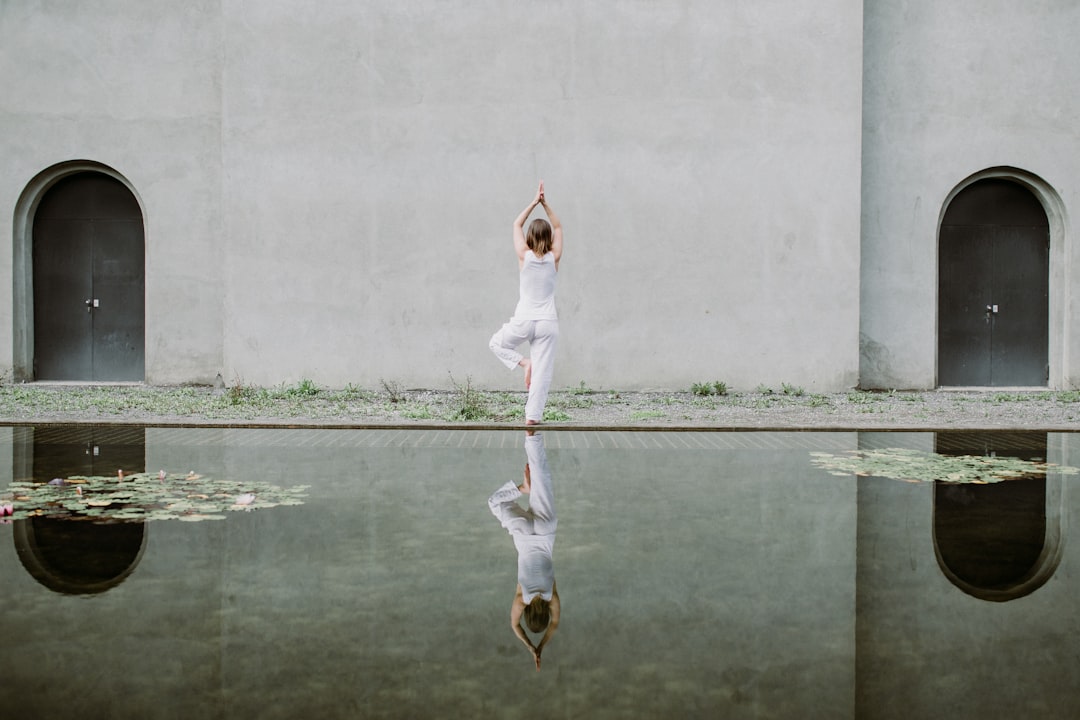
Unlocking Inner Strength Through Mindful Reflection and Flexibility Strategies
In today’s fast-paced world, the quest to unlock inner strength can often feel overwhelming. However, integrating mindful reflection and flexibility strategies can lead to profound personal growth and improved overall well-being. This article delves into how these practices can empower individuals to tap into their inner resilience, backed by credible health information and the latest research findings.
Understanding Mindful Reflection
Mindful reflection is the practice of being present and fully engaging with one’s thoughts and feelings without judgment. Research shows that mindfulness can significantly reduce stress, anxiety, and depression while enhancing emotional regulation (Keng, Smoski, & Robins, 2011). Engaging in mindful reflection allows individuals to better understand their emotions, identify triggers, and cultivate a sense of self-awareness that is essential for personal growth.
Practical Strategies for Mindful Reflection
-
Journaling: Writing down your thoughts and emotions can help clarify your feelings and track your personal growth. Aim for a few minutes each day to reflect on your experiences.
-
Meditation: Incorporating meditation into your daily routine can improve focus and emotional stability. Start with guided meditations available on platforms such as Headspace or Insight Timer.
-
Mindful Breathing: Practice deep breathing techniques to ground yourself during stressful moments. Inhale deeply through your nose, hold for a few seconds, and exhale slowly through your mouth.
-
Gratitude Practice: Acknowledge the positive aspects of your life by keeping a gratitude journal. This practice can shift your mindset from scarcity to abundance.
The Role of Flexibility Strategies
Flexibility strategies involve adapting to change and maintaining an open mindset. Embracing flexibility can enhance resilience, allowing individuals to navigate life’s challenges with grace. Research indicates that those who are adaptable tend to experience lower levels of stress and better mental health outcomes (Alder, 2018).
Implementing Flexibility Strategies
-
Set Realistic Goals: Break larger goals into smaller, manageable tasks. This not only makes the goals more achievable but also allows for flexibility in how they are accomplished.
-
Practice Acceptance: Accept that change is a natural part of life. Cultivating an acceptance mindset can help reduce anxiety associated with uncertainty.
-
Develop Problem-Solving Skills: Engage in exercises that promote creative thinking and problem-solving. This can involve brainstorming sessions or seeking feedback from peers.
-
Stay Physically Active: Regular physical activity can improve flexibility, both physically and mentally. Activities like yoga, tai chi, and even simple stretching can enhance your body’s adaptability to stress.
Common Misconceptions
Misconception 1: Mindfulness is Time-Consuming
Many believe that incorporating mindfulness into daily life requires extensive time commitments. However, even short, focused moments of mindfulness can be effective. A few minutes of conscious breathing or a brief reflection can yield significant benefits.
Misconception 2: Flexibility Means Inconsistency
Being flexible does not equate to being inconsistent. Instead, it involves adapting your approach while remaining committed to your goals. Flexibility allows for adjustments based on circumstances, ultimately leading to a more resilient mindset.
Encouragement on Your Wellness Journey
Embarking on the path of mindful reflection and flexibility can be daunting, but it’s essential to remember that progress is a gradual process. Celebrate small victories along your journey, and don’t hesitate to seek support from friends, family, or wellness professionals.
Further Reading and Resources
To deepen your understanding of mindful reflection and flexibility strategies, consider exploring the following resources:
- Mindfulness-Based Stress Reduction (MBSR) Overview
- Research on the Benefits of Mindfulness
- Flexibility and Adaptability in Psychological Health
Incorporating mindful reflection and flexibility strategies into your daily routine can unlock a reservoir of inner strength. As you explore these practices, remember that prioritizing your health and wellness is a journey worth undertaking. Share this article with others who may benefit, and consider subscribing to wellness newsletters or following health blogs for ongoing inspiration and tips.
In summary, unlocking your inner strength through mindful reflection and flexibility is not only attainable but also essential for a fulfilling life. Embrace the journey, and remember that every small effort contributes to your overall well-being.


